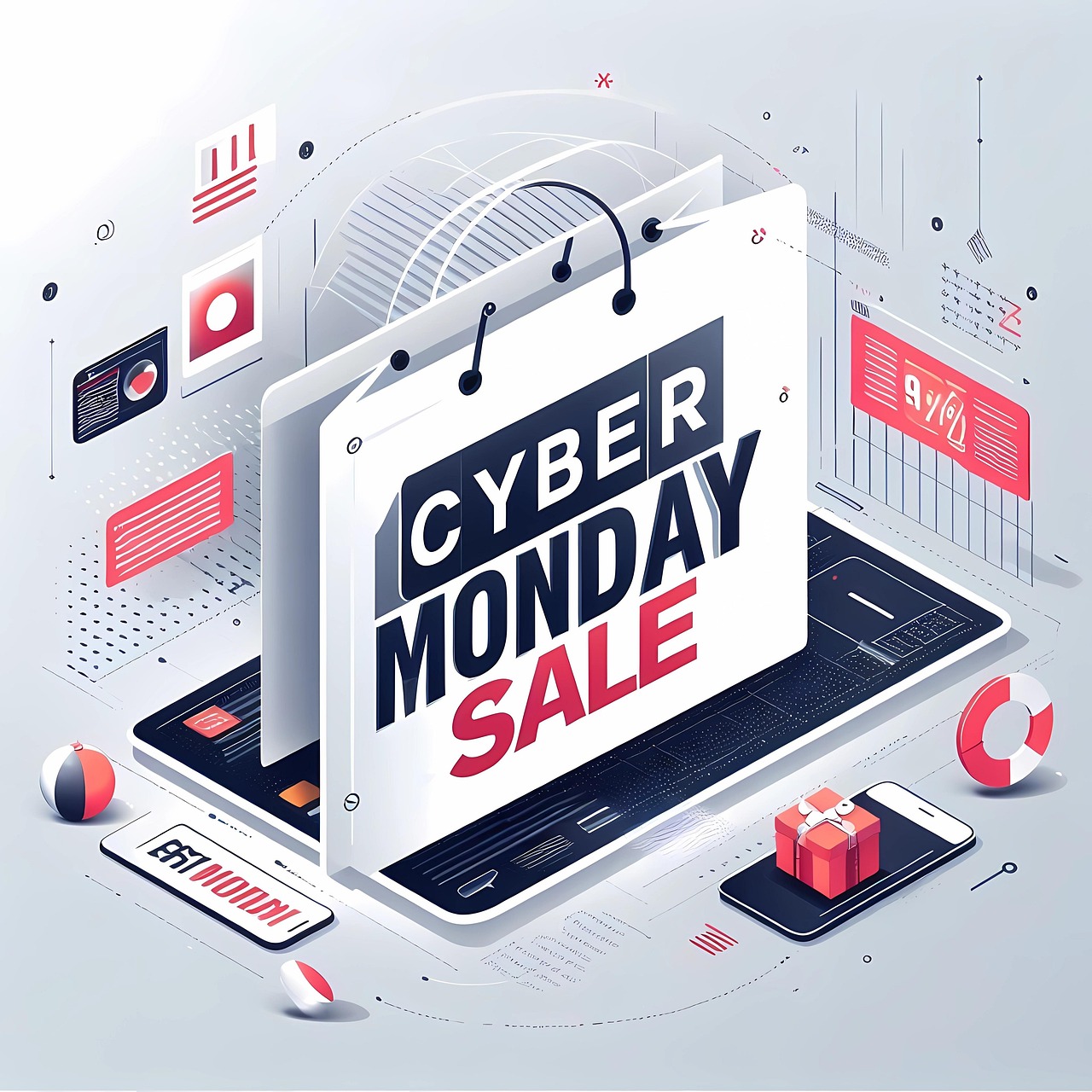Rising Interest in Blockchain Platforms: Enhancing Supply Chain and Finance

Brief news summary
Interest in blockchain technology is surging as organizations aim to optimize supply chains, enhance traceability, and simplify financial operations. Recent innovations have addressed earlier concerns of high energy consumption and slow transaction speeds, making blockchain a viable option for collaboration among multiple stakeholders. Key industries reaping the benefits include supply chain management, trade finance, and identity verification. The growth of decentralized finance (DeFi) presents challenges to conventional banking systems, with several leading blockchain platforms spearheading this transformation: 1. **Ethereum**: Known for its smart contracts and decentralized applications (dApps), bolstered by a robust developer community. 2. **IBM Blockchain**: Integrates traditional systems with cloud technology, enhancing food safety and supply chain oversight. 3. **Hyperledger Fabric**: Focused on enterprises, it delivers privacy and performance through a modular architecture. 4. **R3 Corda**: Designed for real-time transactions, especially in finance and insurance. 5. **Tezos**: Facilitates dApps and NFTs, featuring on-chain protocol updates. 6. **EOSIO**: Emphasizes dApps, boasting advanced governance and management features. 7. **Stellar**: Promotes DeFi and global transactions, recognized for its speed and security. 8. **Consensys Quorum**: An Ethereum-based solution that accelerates banking transactions while ensuring regulatory compliance. These platforms provide tailored solutions to address diverse business requirements.Interest in blockchain platforms is rising due to their potential to enhance supply chain efficiency, traceability, trade simplicity, and financial transactions. Modern platforms have evolved to mitigate early cryptocurrency issues, such as high energy consumption and slow speeds, allowing enterprises to adopt them for multiparty cooperation and data sharing, according to Suseel Menon from Everest Group. Applications in areas like supply chain tracking, trade finance, and identity management are moving beyond pilot phases, with interest also growing in decentralized finance (DeFi), which challenges traditional financial and supply chain systems. The article also highlights eight notable blockchain platforms: 1. **Ethereum**: Established in 2013, it supports decentralized applications (dApps) and smart contracts. Transitioning to a proof of stake (PoS) mechanism in 2022 drastically reduced its energy consumption. 2. **IBM Blockchain**: This private decentralized platform integrates well with enterprise technologies, with successful applications in food safety and supply chain management. 3. **Hyperledger Fabric**: Designed for enterprise environments, it enhances security and speed through modular architecture and supports private data sharing.
4. **R3 Corda**: While debated as a true blockchain, it allows real-time transaction processing, making it favorable for financial services and insurance. 5. **Tezos**: Known for its dynamic upgradability and efficient PoS consensus, it supports smart contracts and has adaptive features for enterprise use. 6. **EOSIO**: Launched in 2018, it's optimized for dApps and smart contracts, featuring fast transactions and advanced governance capabilities. 7. **Stellar**: Aimed at DeFi applications, it streamlines cross-border transactions and financial services through its Stellar Consensus Protocol. 8. **Consensys Quorum**: A JPMorganChase developed variant of Ethereum, optimized for institutional transactions and regulatory compliance, now offered as an open-source service. These platforms are shaping the future of blockchain in business, providing tailored solutions for various enterprise needs.
Watch video about
Rising Interest in Blockchain Platforms: Enhancing Supply Chain and Finance
Try our premium solution and start getting clients — at no cost to you

I'm your Content Creator.
Let’s make a post or video and publish it on any social media — ready?
Hot news

AI Sales Tools 2026: Transform Your Sales Perform…
AI sales tools are transforming business by boosting productivity up to 30% and revenue by 25%, with 94% of employees and nearly all C-suite leaders already using them.

SE Ranking Review (2026): AI SEO Features, Pros &…
After using SE Ranking for over two years, I find it to be a powerful yet user-friendly SEO tool suite.

AI Video Summarization Tools Aid in Content Curat…
Content creators across multiple platforms are increasingly embracing AI-powered video summarization tools to improve the efficiency of their content curation and repurposing workflows.

WitnessAI Secures $58 Million Funding to Safeguar…
WitnessAI, an innovative cybersecurity startup focused on safeguarding enterprise AI systems, has secured $58 million in its latest funding round.

DeepL CMO Steve Rotter: marketing teams are under…
Adobe transformed it into a core enterprise product.

Case Study: AI Implementation in SEO for E-Commer…
In the fast-changing digital marketplace, e-commerce companies constantly seek innovative ways to boost their online presence and sales.

AI in Video Conferencing: Improving Virtual Colla…
The rapid progress of artificial intelligence (AI) is profoundly transforming virtual meetings, chiefly through its integration into video conferencing tools.
AI Company
Launch your AI-powered team to automate Marketing, Sales & Growth

and get clients on autopilot — from social media and search engines. No ads needed
Begin getting your first leads today








